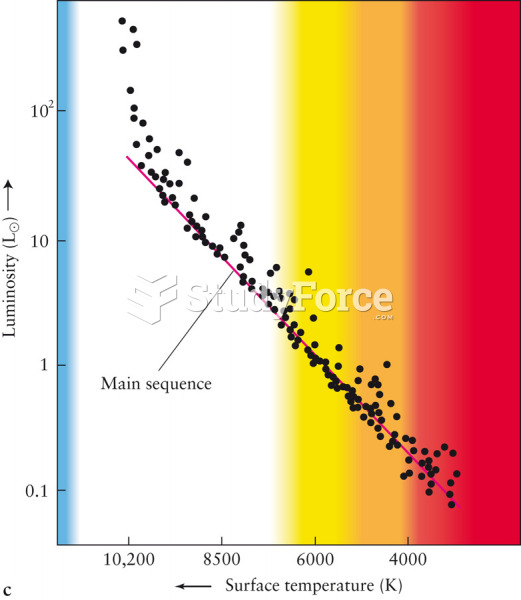|
|
|
Did you know?
A cataract is a clouding of the eyes' natural lens. As we age, some clouding of the lens may occur. The first sign of a cataract is usually blurry vision. Although glasses and other visual aids may at first help a person with cataracts, surgery may become inevitable. Cataract surgery is very successful in restoring vision, and it is the most frequently performed surgery in the United States.
Did you know?
It is believed that humans initially contracted crabs from gorillas about 3 million years ago from either sleeping in gorilla nests or eating the apes.
Did you know?
About 100 new prescription or over-the-counter drugs come into the U.S. market every year.
Did you know?
The horizontal fraction bar was introduced by the Arabs.
Did you know?
Your heart beats over 36 million times a year.







